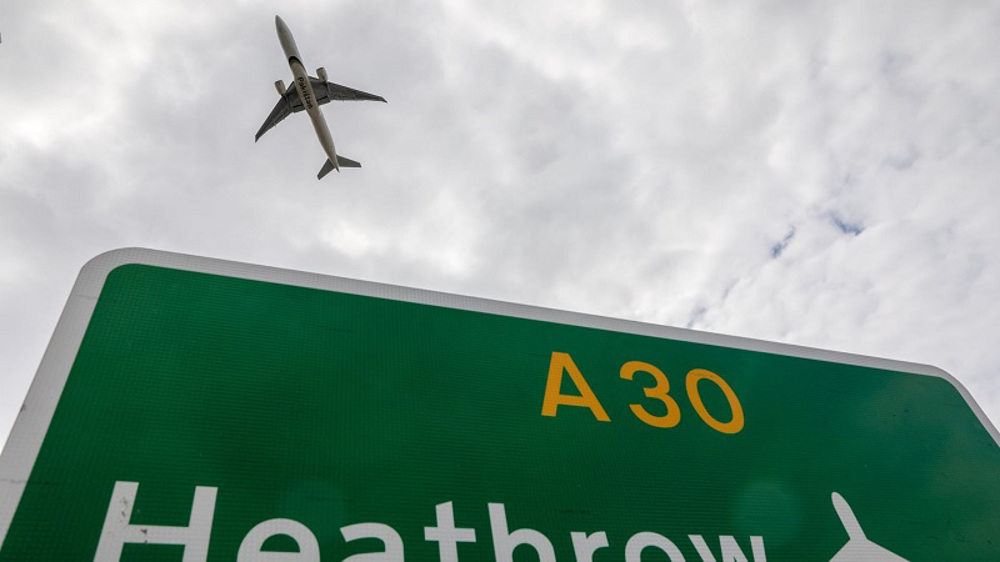UK to lift ban on non-essential travel to up to 90 countries
Overseas holidays and visits to up to 90 countries will be possible for Britons from Monday without the need to quarantine for 14 days on return.
The Foreign Office is expected to lift its ban on non-essential travel to nearly all EU countries, British territories such as Bermuda and Gibraltar, and Australia and New Zealand.
Turkey, a popular holiday destination, is also expected to be included in the list.
The announcement confirmed by government officials, and due on Friday, puts an end to the air-bridge or travel corridor policy that has been pursued by the transport secretary, Grant Shapps, for several weeks.
This would have involved setting up reciprocal arrangements with a core of Mediterranean countries including France, Greece and Spain to not quarantine each other’s citizens.
Since 8 June nearly all passengers have been required to go into self-isolation for 14 days at a declared address when they arrive in the UK. People who fail to comply can be fined £1,000 in England.
All of the countries due to be included in the new travel list are likely to be on the government’s green list of low-risk nations for coronavirus, or from the amber list, which is medium risk.
The difficulty travellers may now face is the individual circumstances of countries they want to visit, such as those that have suspended flights from the UK, or closed their borders entirely.
While Britons may be free to travel to Australia and New Zealand both of those countries have currently closed their borders to almost all visitors.
Greece, with which the government had been trying to establish a well publicised air-bridge and which may have been a catalyst for the policy unravelling, has suspended all flights from the UK and Sweden until 15 July.
The air-bridges policy, which the government announced last Friday, has been beset with uncertainty, including resistance from the first minister of Scotland, Nicola Sturgeon, who said the country had not been properly consulted and had to protect its low infection rate.
The chief medical officer in Wales also suggested there should be no change to the 14-day quarantine rule for travellers into the UK.
The health secretary, Matt Hancock, was dispatched by government on Wednesday night to talk to his counterparts in Scotland, Wales and Northern Ireland about ending the blanket quarantine policy. This comes after a four-nations meeting with cabinet minister Michael Gove on Monday.
The European commission has previously warned that the UK government could face a legal challenge unless it considered air-bridge arrangements to all EU countries with similar infection rates.
BA, easyJet and Ryanair are also set to bring a case in the high court seeking to overturn the government’s quarantine policy which they claim is “irrational and disproportionate”.
The ban on non-essential travel to countries on the government’s “red” list, such as the US, Russia and Brazil, will continue and anyone returning will have to continue with the 14-day quarantine measures.
(Source: The Guardian)
Millions in streets across Iran for Islamic Revolution anniversary marches
#IR47: How Iran’s martyred commanders found faith, purpose and mission in Islamic Revolution
#IR47: Long walk to freedom - Imam Khomeini and the Iranian nation’s epoch-making moment
VIDEO | Tehran conference examines Islamic Revolution’s enduring role in shaping global resistance
VIDEO | Gazans say Israel seeks permanent military presence
VIDEO | UK PM faces call to quit over his US ambassador’s links to Epstein
VIDEO | Press TV's news headlines
Iran renews warning about Israeli intentions amid diplomatic engagement with US










 This makes it easy to access the Press TV website
This makes it easy to access the Press TV website